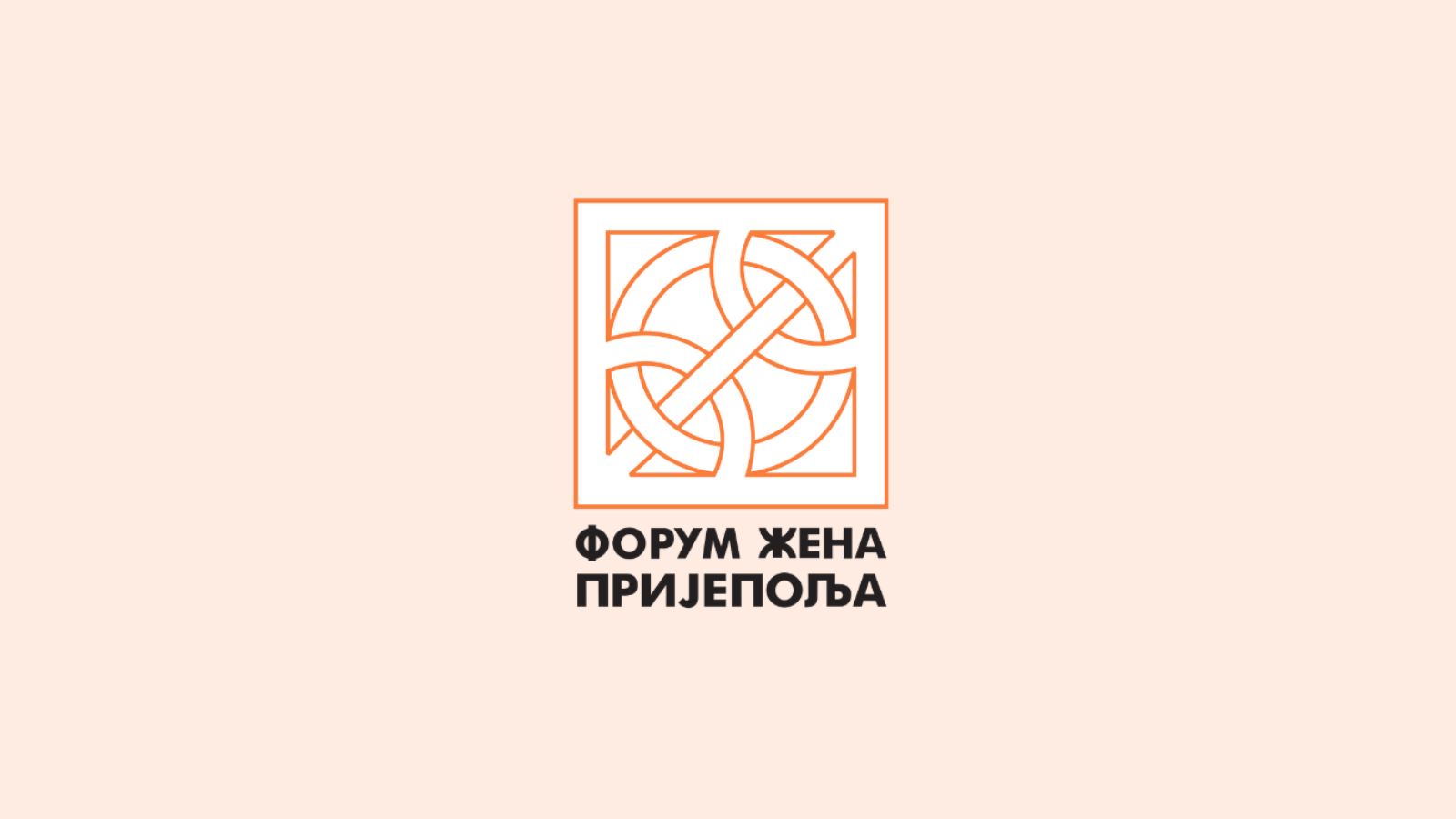Summary of the project
The media we use every day have great power and influence on the formation of our opinions and attitudes. Among all the media, Serbian citizens spend the most time on social networks, approximately 100 minutes a day. They allocate 57 minutes to listening to the radio and 28 minutes a day to reading the press. In 2021, citizens devoted an average of over an hour a day to television (68 minutes).
In light of the aforementioned facts, it highly important for citizens, especially women, to gain a better understanding of the meanings embedded in media content and the intentions of message senders. This understanding is crucial to safeguarding themselves against media manipulation. This concern is particularly relevant if we consider the portrayal of women in the Serbian media, which can be described as perplexing. The media often fixate on the female body, focus on the attire of female politicians rather than their accomplishments, sensationalize cases of violence against women, and inadequately represent Roma women, women from rural areas, and women with disabilities in their content. These trends underscore the harsh treatment women endure in the world of media.
To protect women, a group recognized as vulnerable by numerous international and national documents, from potential media-induced effects on their self-confidence, self-esteem, and mental health, it is imperative for them to attain media literacy.
Project goals
General goal: To contribute to the democratization of society in Serbia by enhancing the status of women.
Specific goal: To enhance awareness among citizens of the Zlatibor district, with a particular focus on women, regarding the significance of bolstering media literacy. This objective aims to establish the prerequisites for active citizen participation in the development of a gender-responsive and non-discriminatory society.
Beneficiaries
Target groups:
– women of Zlatibor district – Zlatibor district is an environment with extremely pronounced patriarchal norms and stereotypes about women. The media do not contribute sufficiently to their empowerment and advocacy for the realization of women’s rights and the reduction of discrimination. The media often try to “mould” women and reduce them to mothers and housewives, but also to the body, so women, if they are not media literate enough and if they do not critically approach the content that is marketed to them, may believe that they are less valuable and continue to protect those patriarchal patterns to “fit” society,
– media within the Association of Local Independent Media (Local Press) – The Forum has been working for years to strengthen the professional and professional capacities of media that are members of Local Press, of which it is a member as well, especially when we talk about sensationalist reporting on cases of violence against women, reporting on vulnerable groups, as well as the promotion of gender-sensitive language. The material that will be created as part of this project will be offered to other media for broadcasting so that the journalists of the newsrooms can learn more about the importance of women’s media literacy, but also enable their audience to be informed on the mentioned topic,
– citizens who follow the work of the Forum – the Forum has its audience, that is, its support base, which has been following its work for years, both as an association and as a media outlet. Our goal is that our audience grows, learns and develops together with us, so that they can participate in the improvement of living conditions in our community and advocate for change. Therefore, it is important for us that our community/audience has enough knowledge and information about certain topics, as well as that we share common values, such as equality and respect for basic human rights.
Final beneficiaries:
– citizens of southwestern Serbia – TV Forum has coverage on the territory of southwestern Serbia (potential 450,000 viewers), and cable operators such as Supernova also provide visibility. Social networks and the web portal contribute to the visibility of our media and the Association in the wider area, so we count on contributing to the information of the wider community. It is very important to us that the general public understands the importance of media literacy for each individual so that they know how to recognize manipulative and discriminatory contents/messages, and thus make good decisions for themselves and their families,
– women’s CSOs – advocating for objective and truthful information from the media, and professional reporting on women, which leads to the improvement of their media image, are the goals of women’s CSOs who understand how much influence the media has on the general public. Cooperation between CSOs and the media is often difficult, and the possibility that the Women’s Forum Prijepolje has, with the help of its media, to influence journalists and the public, facilitates the work of other women’s CSOs in the process of establishing equality.
Main activities
- Producing media content
- organizing a two-day seminar for women
- implementing a social media campaign
Related news:
- Women and Media Literacy – Girls, women, and social media
- Women and Media Literacy – Women in the public sphere and the media
- Women and Media Literacy – Violence against women and the media
- Women and Media Literacy – Feminism in the media
- Women and Media Literacy – Women’s columns and magazines
- Women and Media Literacy – Women in the advertising industry
- Women and Media Literacy – What is media literacy and why is it important for women?
- Media literacy against the stereotypical portrayal of women in the media
- Women’s media literacy – a change leading to gender equality
- Media literacy empowers women to recognize stereotypes
- Media literacy of young people against the spread of stereotypes on social networks
- Who should become media literate first: the public or the media?
- The injustice of society breaks down on women – media literacy to more responsible journalism








